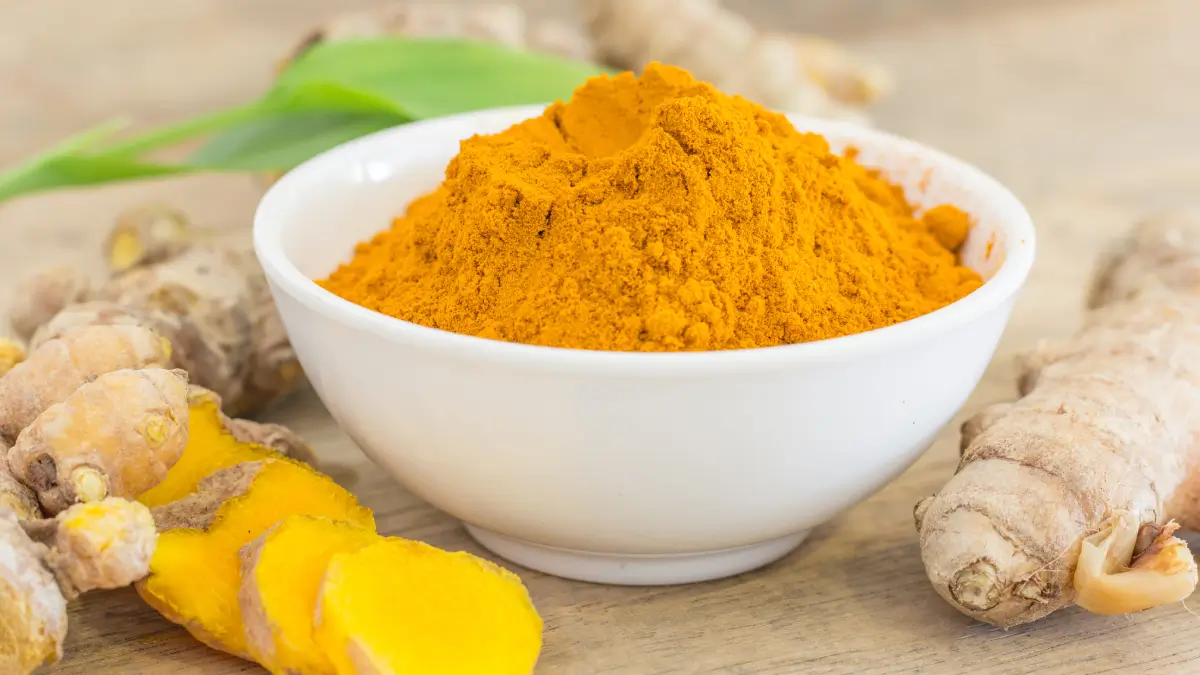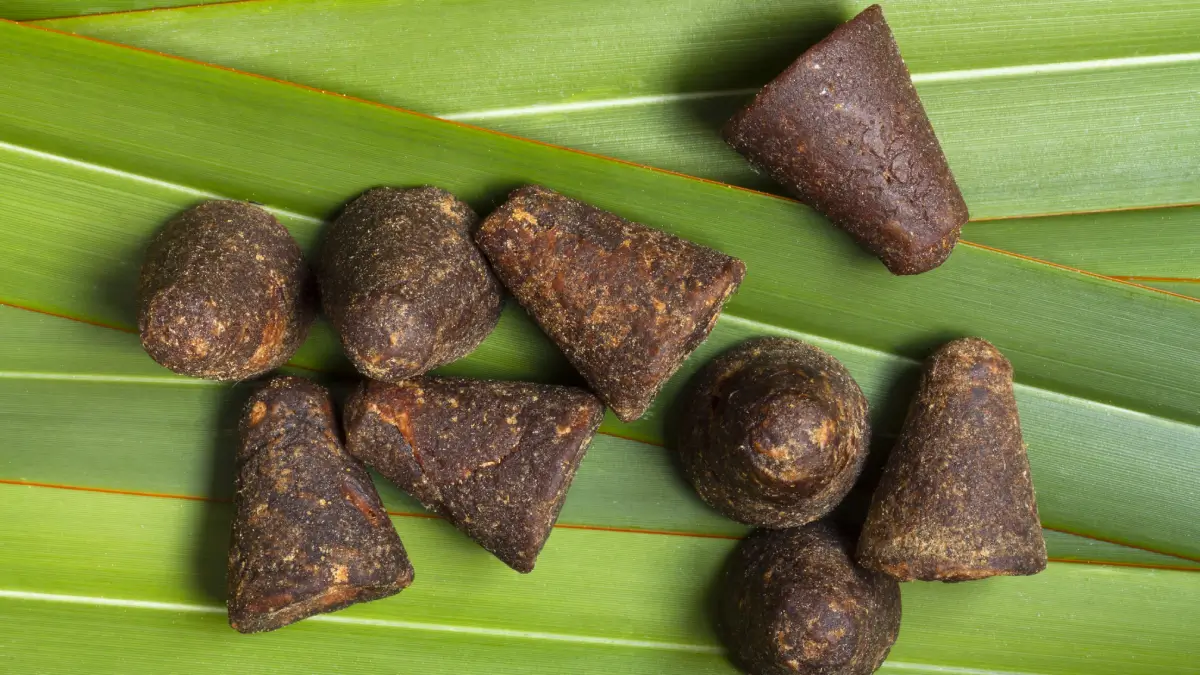Blog
Can Excessive Intake of Turmeric Cause Kidney Stones? A Balanced Perspective

Understanding Turmeric’s Popularity and Health Benefits
Turmeric, a golden-yellow spice celebrated for its vibrant hue and earthy flavor, has been a cornerstone of traditional Indian medicine and cuisine for centuries. Known for its powerful anti-inflammatory and antioxidant properties, turmeric has found its place in modern health regimens, including lattes, teas, and supplements. At the heart of turmeric’s health benefits lies curcumin, a bioactive compound linked to improved immunity, better digestion, and reduced risk of chronic diseases.
While turmeric is a potent natural remedy, it’s important to understand its potential downsides when consumed excessively. One particular concern that has sparked interest is whether excessive turmeric intake could contribute to the development of kidney stones.
The Connection Between Turmeric and Kidney Stones
Kidney stones are hard deposits of minerals and salts that form in the kidneys, often leading to severe pain, nausea, and urinary difficulties. A key factor in their formation is the presence of oxalates, naturally occurring substances that can bind with calcium to form crystals.
Turmeric, like many other plant-based foods, contains oxalates. While the oxalate content in turmeric is relatively moderate, excessive consumption — particularly in the form of supplements or large quantities in meals — can raise oxalate levels in the body. This, in turn, may increase the risk of kidney stone formation, especially for individuals predisposed to kidney issues or those with a history of kidney stones.
How Much Turmeric Is Too Much?
Moderation is key when it comes to incorporating turmeric into your diet. The recommended daily intake of turmeric powder typically ranges between 1–3 grams. When taken in this amount, it’s unlikely to pose any health risks for most individuals. However, consuming high doses, such as over 8 grams per day, either through supplements or concentrated turmeric drinks, could elevate oxalate levels and potentially strain kidney function.
If you already have a history of kidney stones, it’s wise to consult a healthcare professional before significantly increasing your turmeric intake. This is particularly important if you are taking turmeric supplements, as they tend to have much higher concentrations of curcumin and oxalates compared to dietary turmeric.
Tips to Enjoy Turmeric Safely
To reap the health benefits of turmeric without compromising kidney health, follow these guidelines:
- Opt for Fresh or Ground Turmeric: Fresh turmeric root and ground turmeric powder used in cooking are safer choices compared to concentrated supplements.
- Pair Turmeric with Black Pepper: Adding black pepper enhances curcumin absorption, allowing you to enjoy turmeric’s benefits even in smaller quantities.
- Stay Hydrated: Drinking plenty of water can help flush oxalates from your system, reducing the risk of kidney stone formation.
- Diversify Your Diet: Incorporate a wide range of fruits, vegetables, and whole grains into your meals to ensure a balanced intake of nutrients.
- Moderate Supplement Use: If you prefer supplements, opt for those with a clear dosage recommendation and avoid exceeding the prescribed limit.
The Bigger Picture: Individual Sensitivity Matters
It’s worth noting that not everyone is equally susceptible to the effects of turmeric’s oxalates. Genetics, dietary habits, and overall kidney health play significant roles in determining your risk. While turmeric may contribute to oxalate levels in some cases, it is not a primary cause of kidney stones for the general population.
For individuals with healthy kidneys and no history of stones, moderate turmeric consumption is unlikely to pose any problems. Instead, it can be a valuable addition to a balanced diet, offering numerous health benefits ranging from reduced inflammation to improved digestion.
Final Thoughts
Turmeric is a remarkable spice that deserves its superfood status, but like all things, it’s best enjoyed in moderation. If you’re concerned about kidney health or have a history of kidney stones, it’s essential to be mindful of your turmeric intake and consult a healthcare professional for personalized advice.
By striking the right balance, you can continue to enjoy the rich flavor and health benefits of turmeric without worrying about potential side effects.













